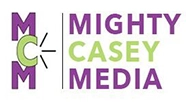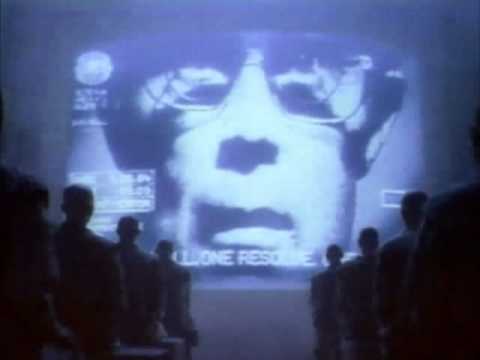I’ve been on the road a lot over the last six months, getting the chance to interact with (and, I hope, influence), audiences in health tech and health policy. There’s so much desire for change, search for innovation, and just straight up “desperately seeking [something]” out there, it’s almost hilarious that no real change/shift/what-have-you has yet occurred in the giant $3-trillion/year-and-rising sucking sound that is the American healthcare system.
Which is why I concluded, long ago, that the system would not be re-invented from within, particularly when it comes to the tech side of the party. Since the medical-industrial complex is keeping the fax machine manufacturers of the universe in business, it’s hard not to snort with laughter at tech “innovations” that emerge from inside the complex’s ivory towers.
Tech innovation – on both the consumer and the system side – will come from companies with a proven history of delighting ground-level customers. The ones I like to call “people.” Here’s a Casey-ism that will be appearing in a new report on tech in healthcare from The Beryl Institute:
“My sense about technology, and whether it’s engagement or system improvement or anything in this zone, I think that the change is going to come from outside the healthcare industry. The solutions are going to be delivered by companies or entities that have a history of putting technology in the hands of consumers (people) and having those consumers (people) say ‘awesome!’ and just start using it.”
I don’t think anyone – consumer or clinician – has touched anything related to Electronic Health Records (EHR) tech and said anything resembling “awesome” about the experience.

We, as a nation, have thrown $30+ billion at getting our healthcare delivery system into the 21st century, but have so far only seen it get to the point where it’s partying like it’s 1995 (Windows 95 – it’s AWESOME! Not.). Data exchange, a/k/a “interop,” is still a distant dream, which is why I have a QR code tattooed on my sternum as a political statement. “I am my own HIE,” essentially.
What we need here is a “1984” moment in healthcare. Not the George Orwell book, but the Mac computer ad that ran on Jan. 22, 1984 during the third quarter of the Super Bowl.
Epic Systems won’t deliver it. As much as Jonathan Bush would like athenahealth to deliver it … nope. Our “Obi Wan only hope” is going to have to come from a company that’s got a track record – distant or current – of delivering into the hands of consumers easy-to-use tech that has them saying “awesome!” and then … just using it.

“Help us, IBM-Dell-Apple. You’re our only hope.”
Which is why I’m saying “help us, IBM-Dell-Apple, you’re our only hope.” I’m not including Google, because they’ve already tried/failed, with GoogleHealth, and then (IMO, stupidly) abandoned the healthcare vertical after one play.
IBM might seem like an odd player to include here, but I know what they’re up to at the Serious Games lab at UNC under gamer-grrl extraordinaire Phaedra Boinodoris. (The Medical Minecraft project is of particular note there.)
Dell is in the personalized-medicine space, particularly in pediatric cancer, where they’ve built the Neuroblastoma and Medulloblastoma Translational Research Consortium (NMTRC) as a tumor board tool across 25 universities and children’s hospitals looking to build some real precision medicine/faster cures to fight children’s brain cancer.
Apple is the only player to serve up an actual consumer device with health apps – the iWatch and the ResearchKit, which turns an iPhone into a research contribution engine for a variety of projects looking at conditions from autism to breast cancer to Parkinson’s disease.
People, consumers, are ready (desperate?) to engage with the healthcare system using the same digital tools they use daily to manage everything from soccer practice to shopping lists to banking: their smartphones. The challenge to the healthcare system is to make tools to make that possible … which they have utterly failed to do, to date.
It’s time to hand the problem to proven consumer-delighters.
“Help us, IBM-Dell-Apple. You’re our only hope.”




